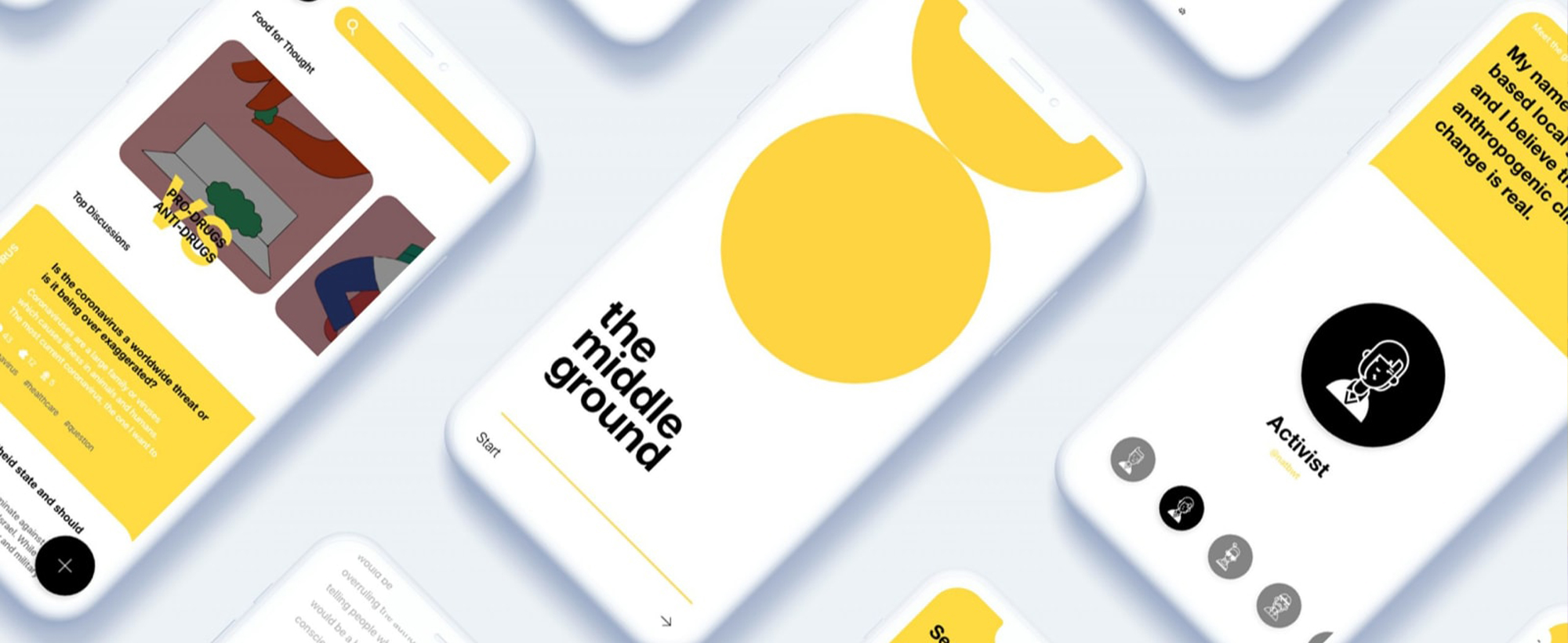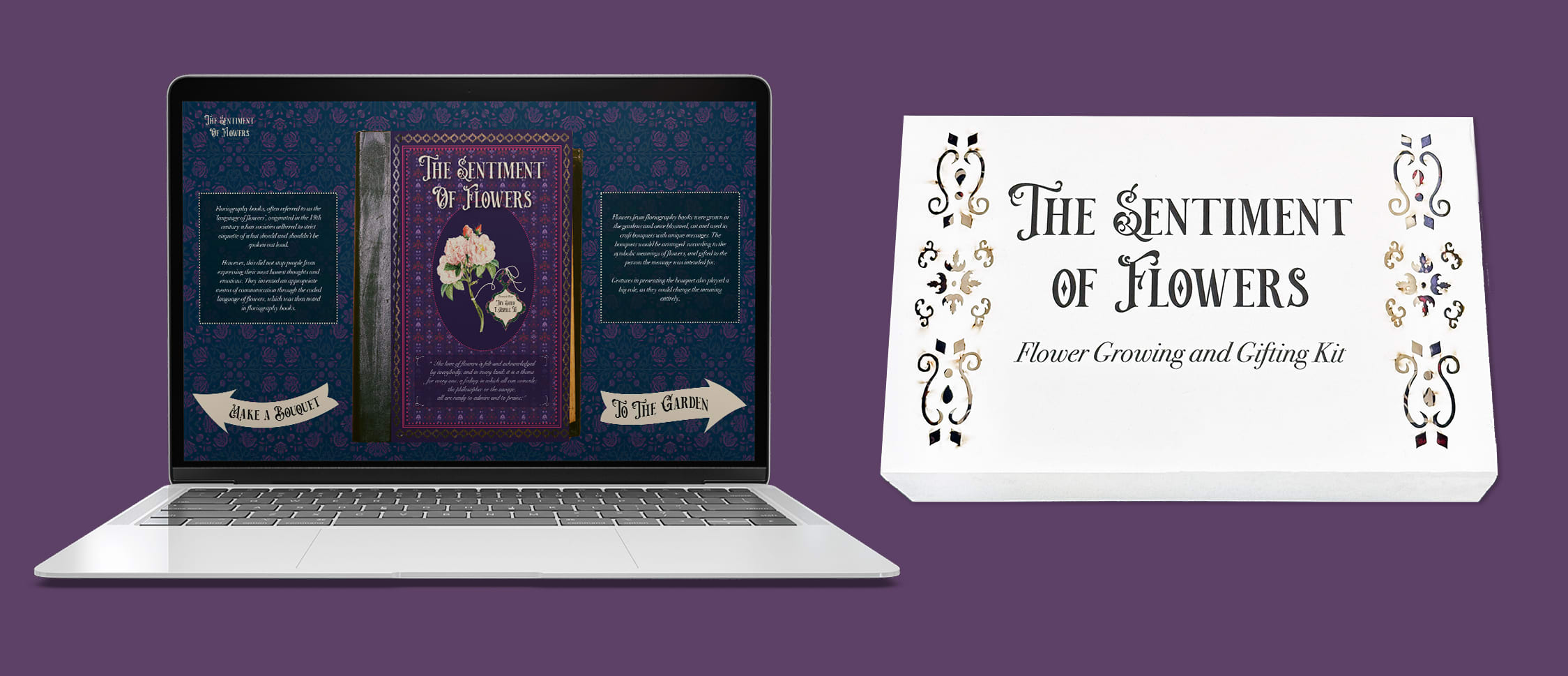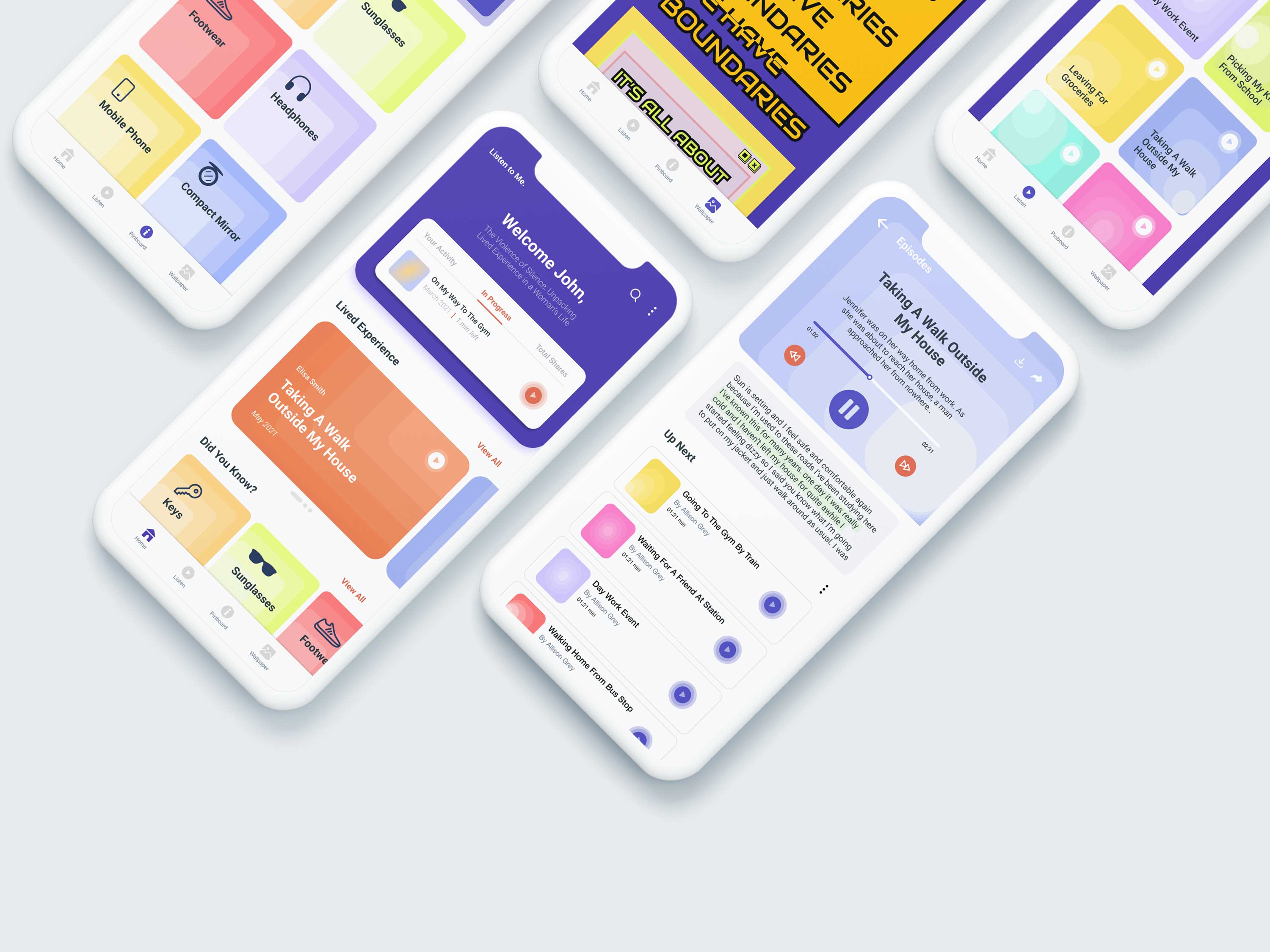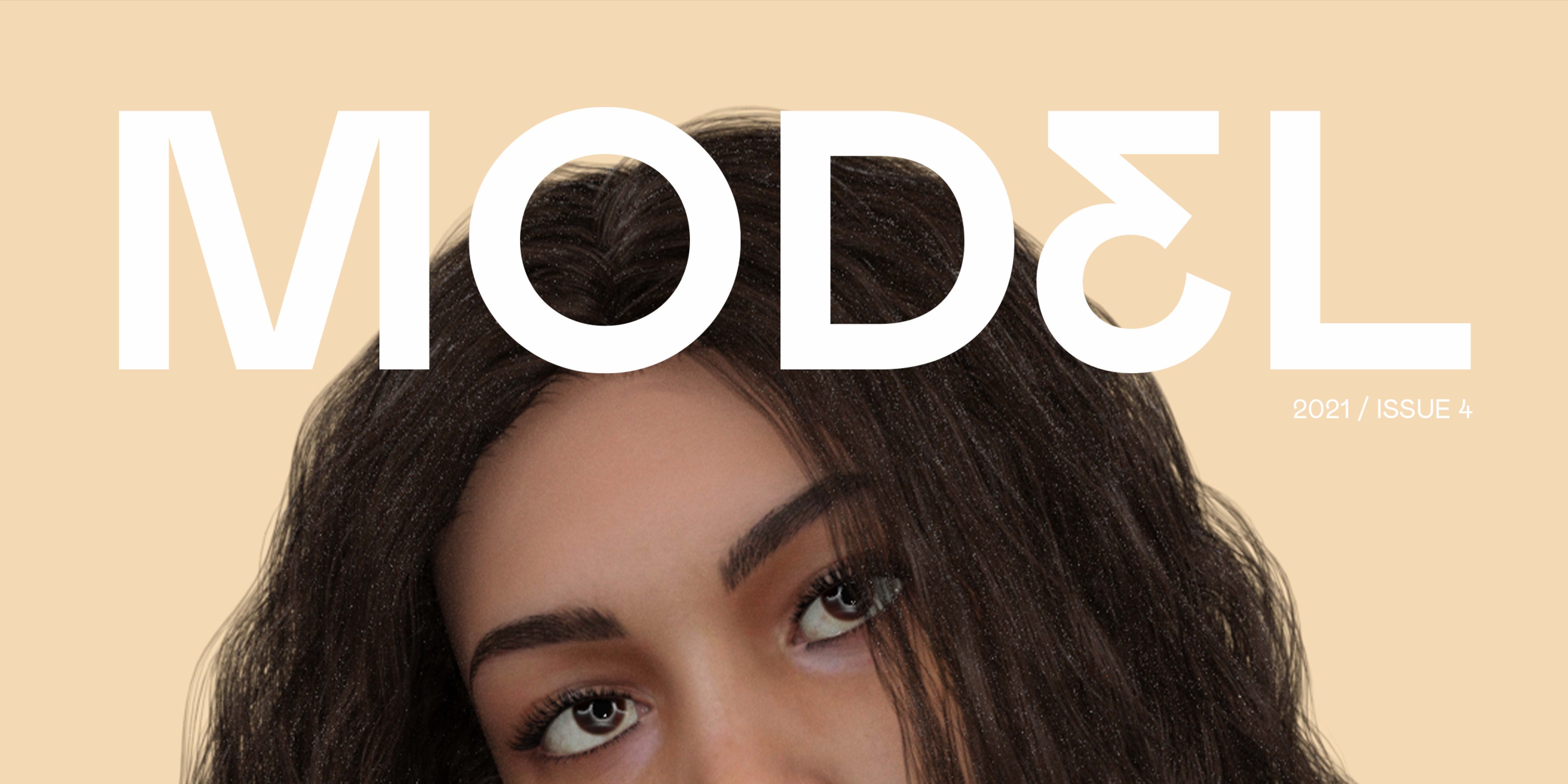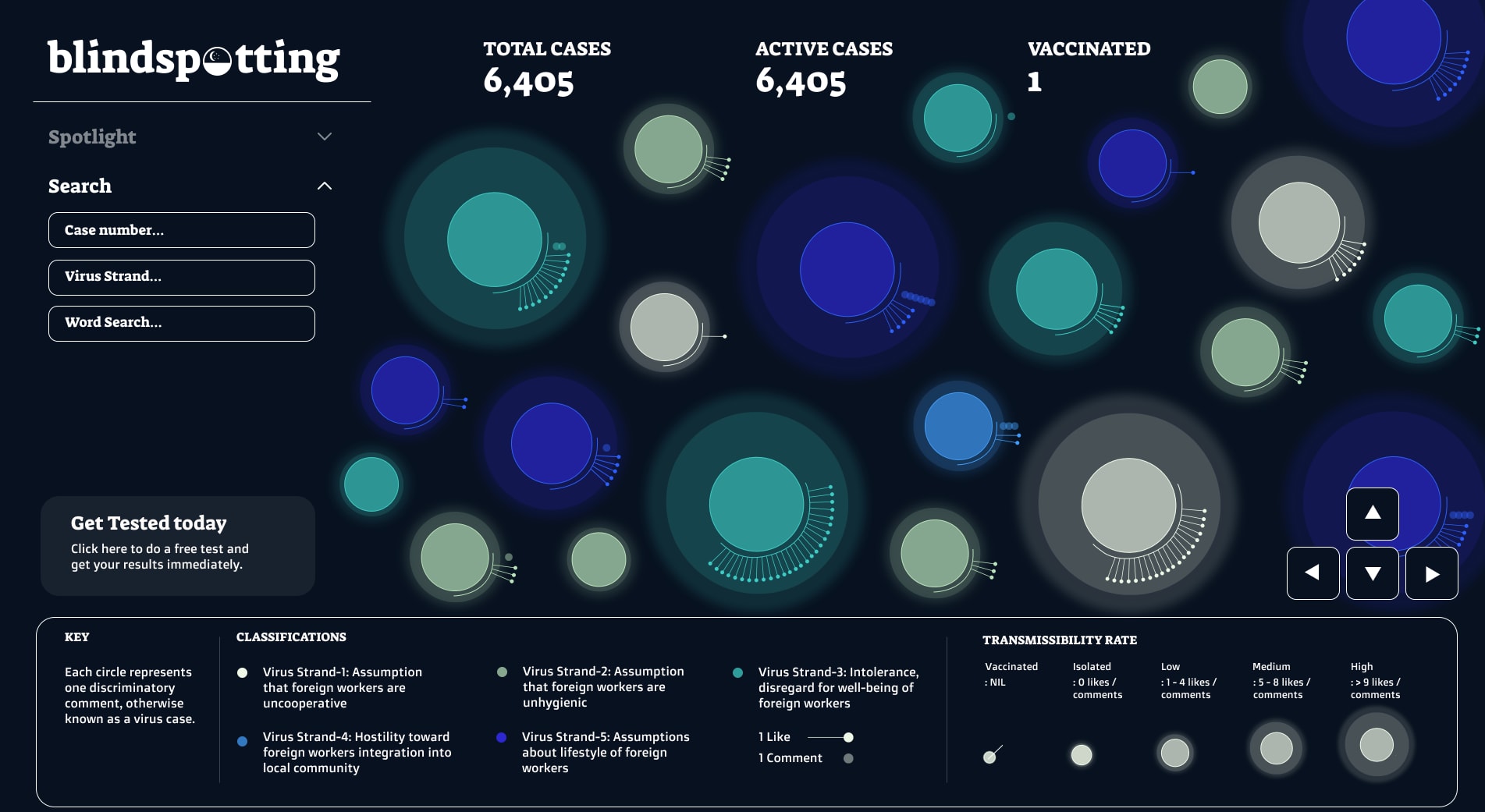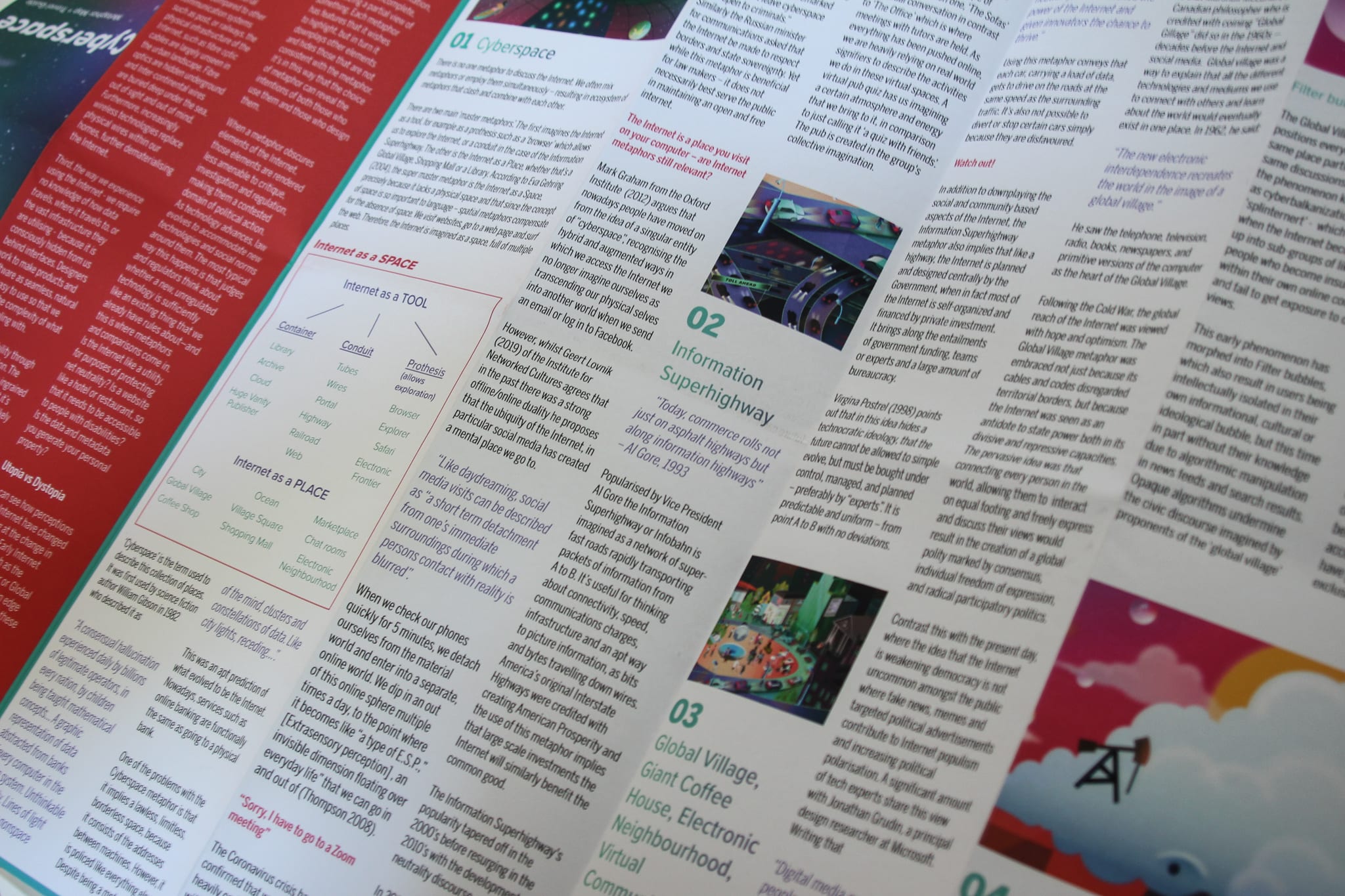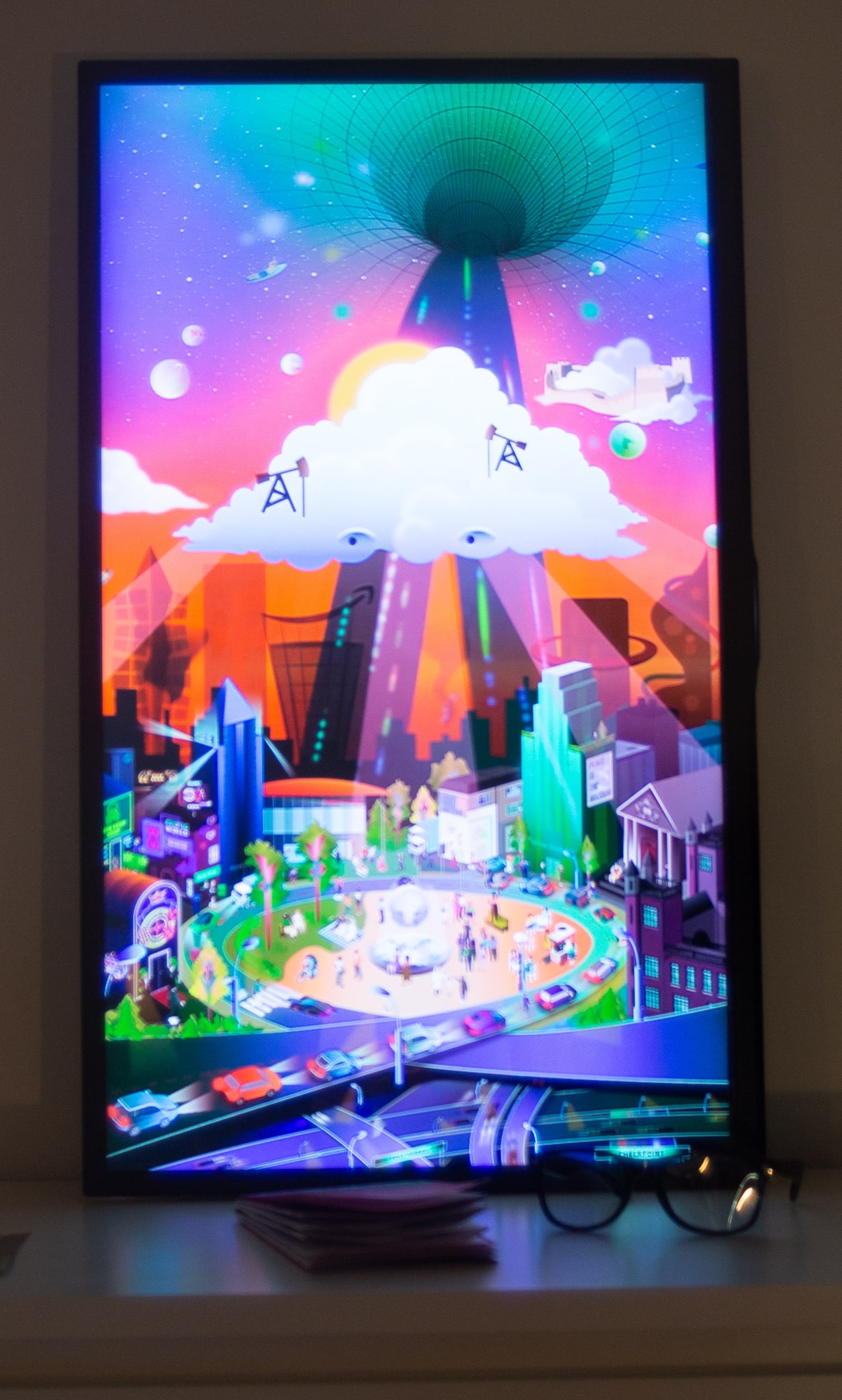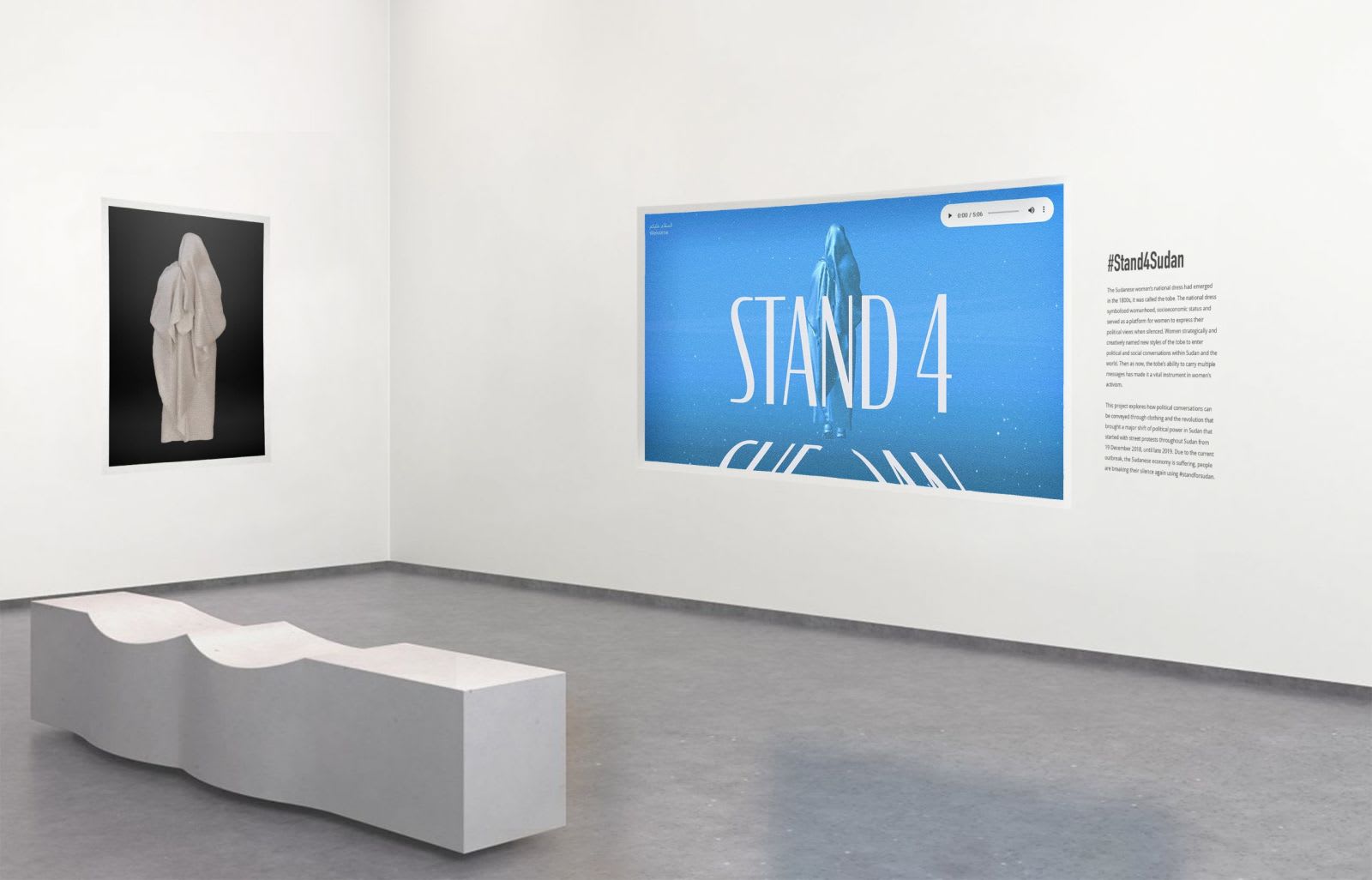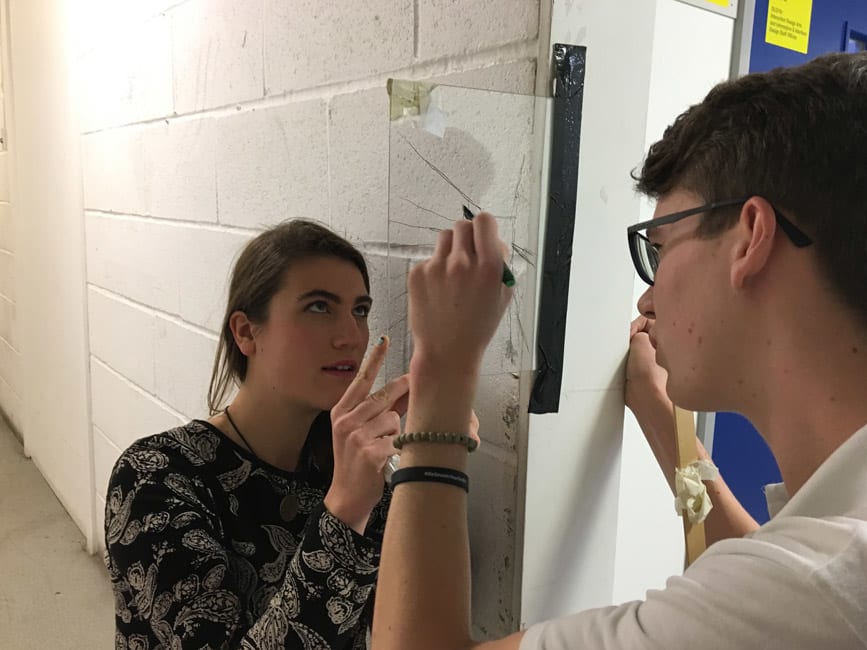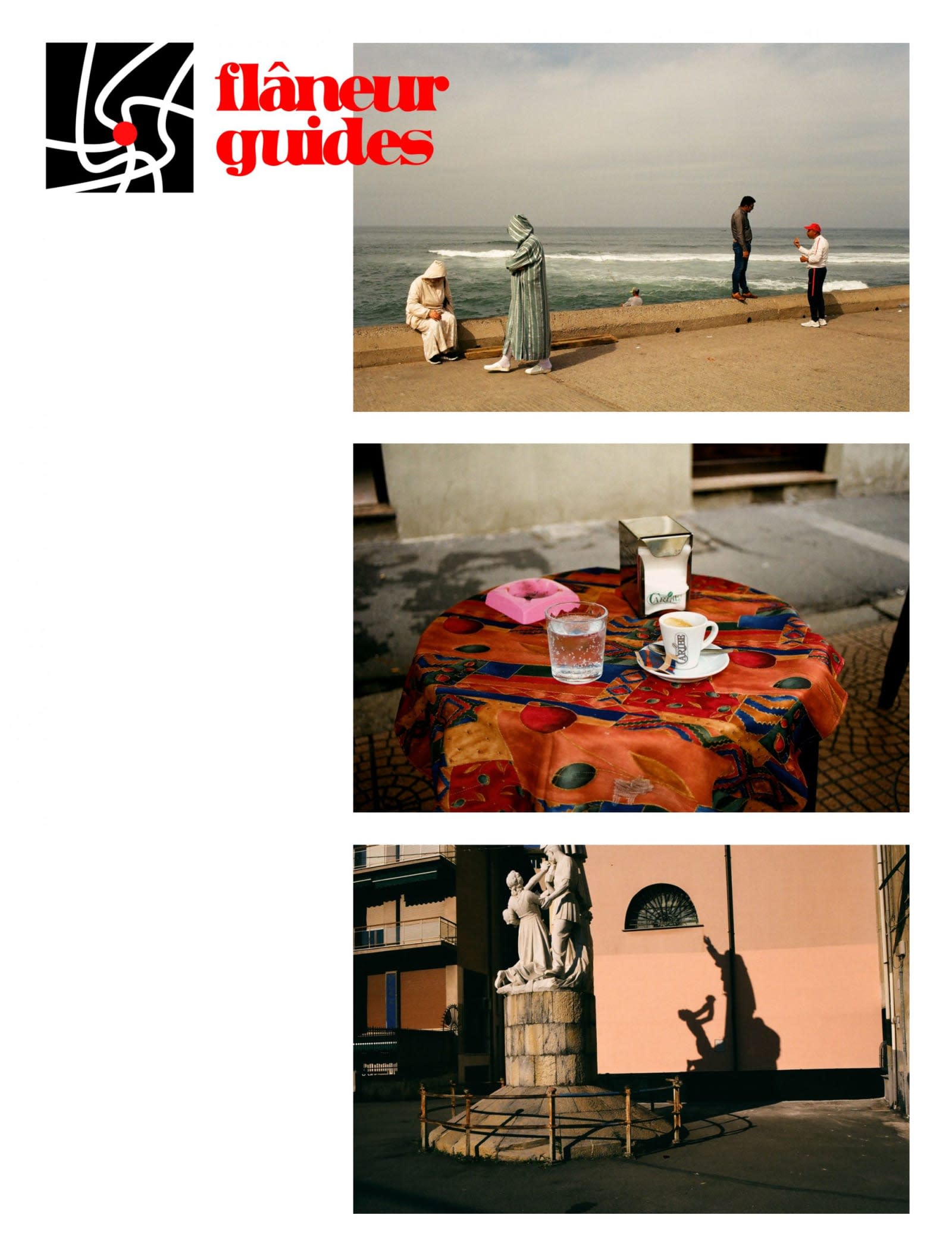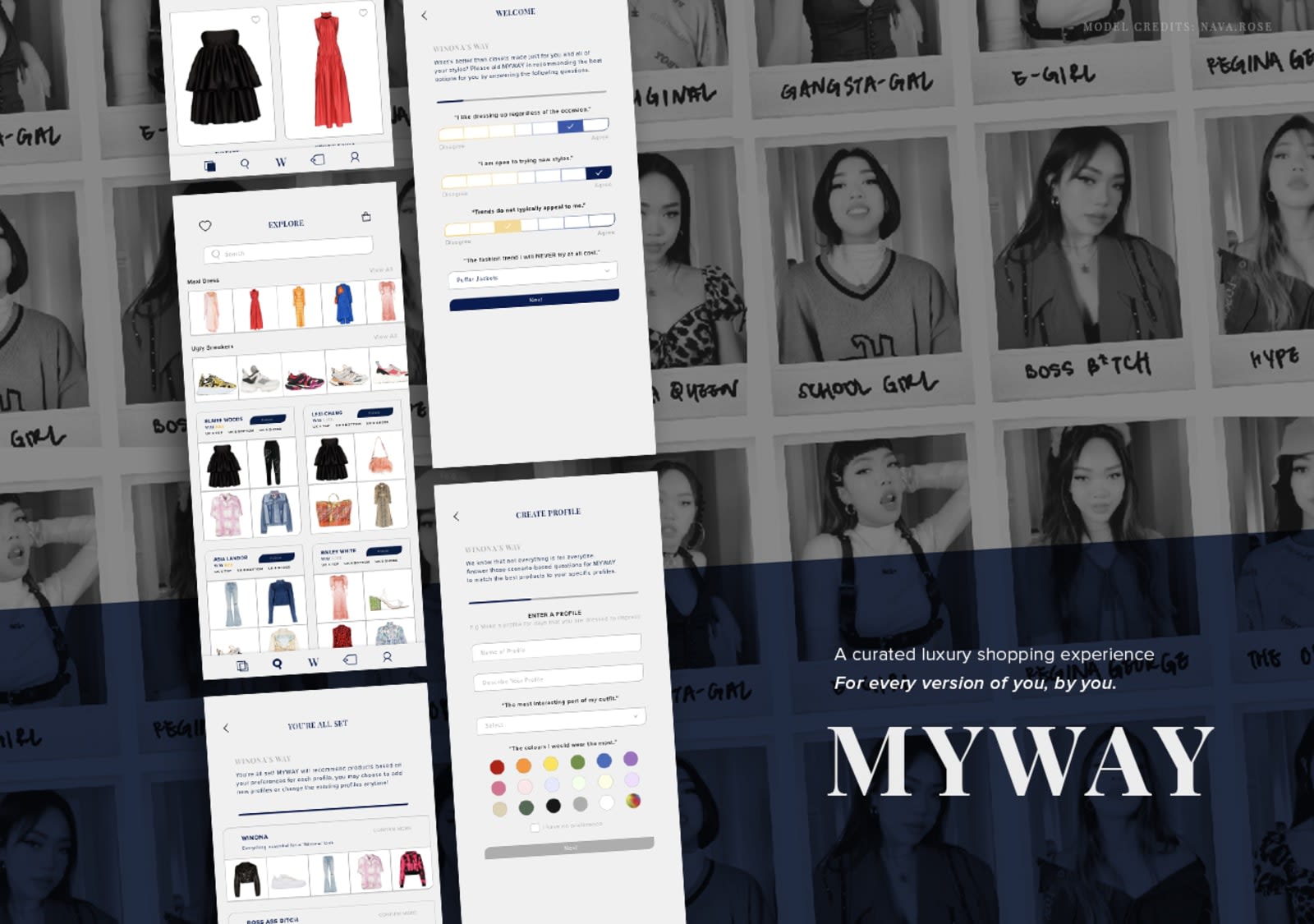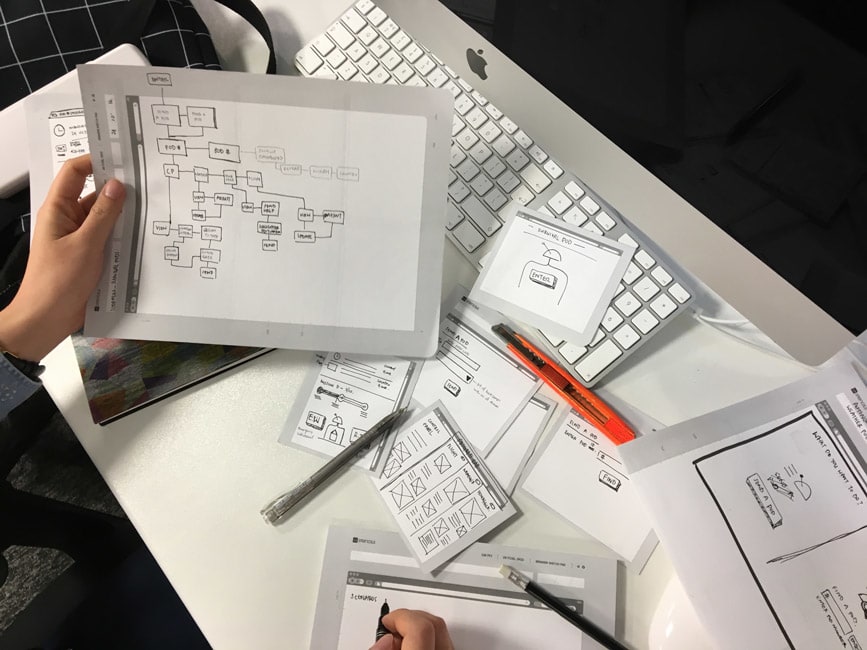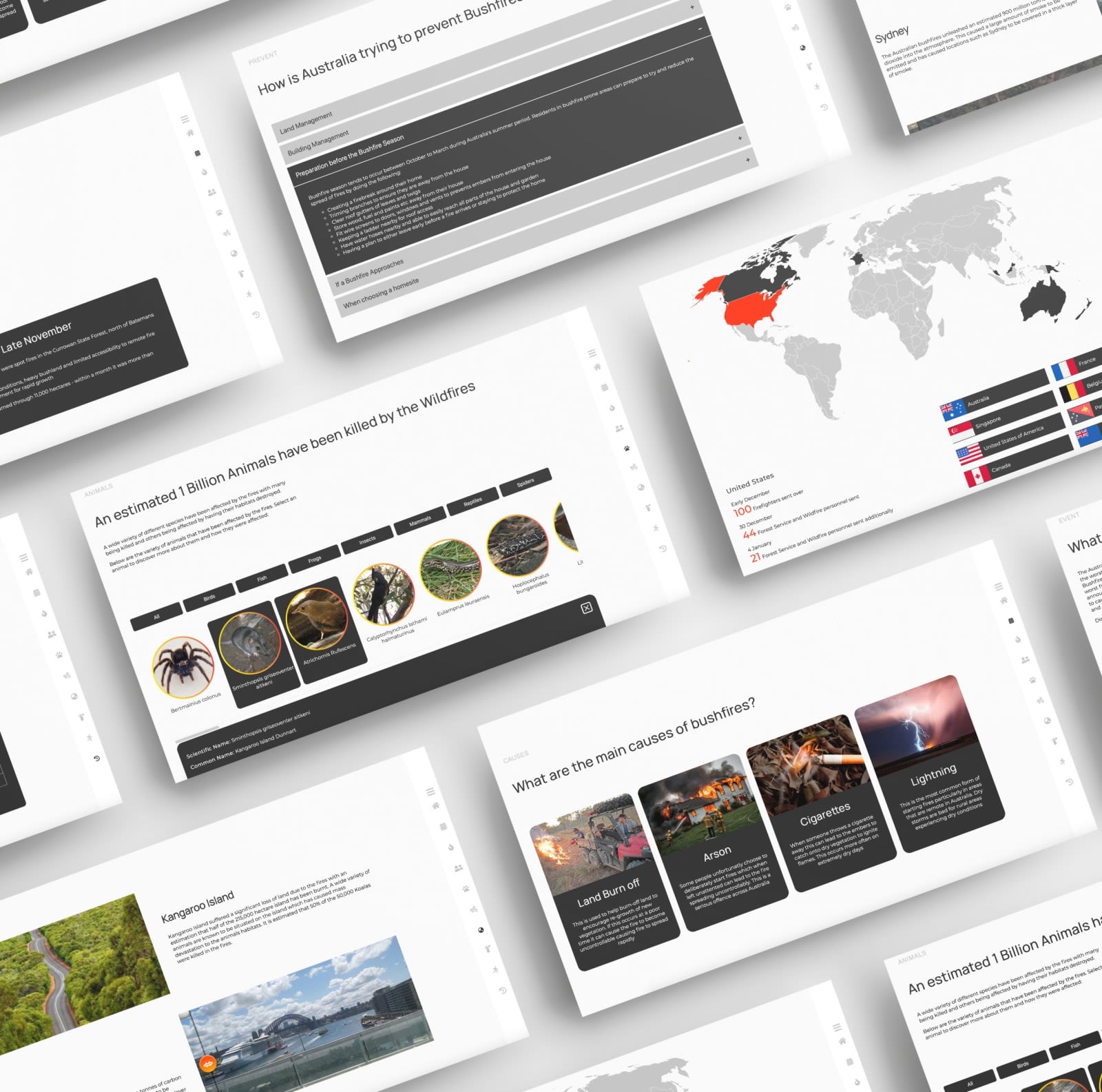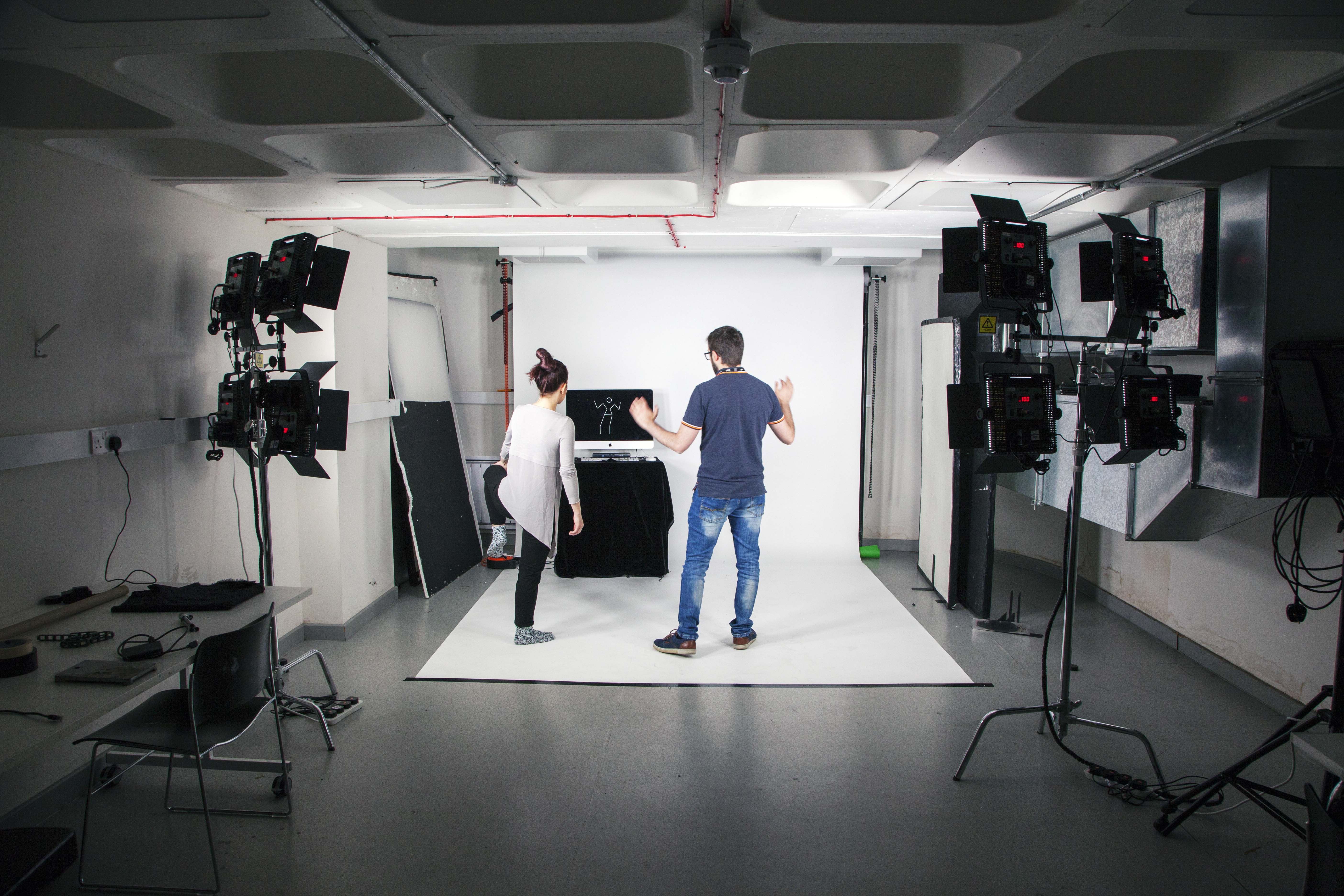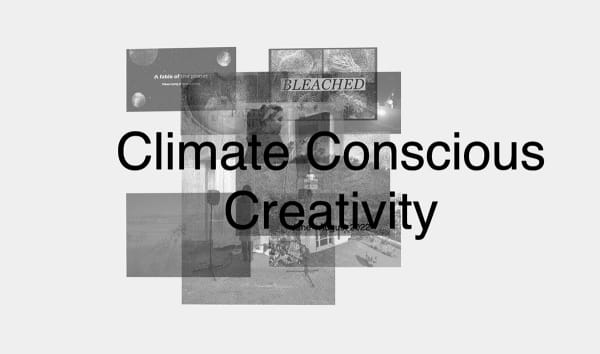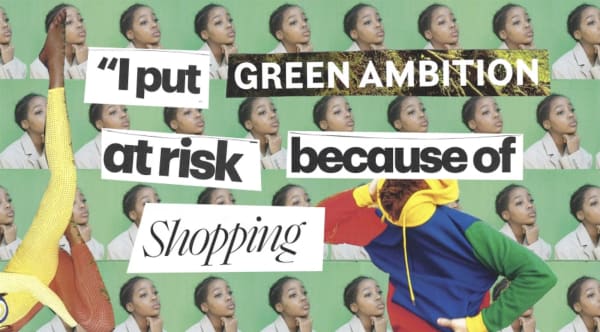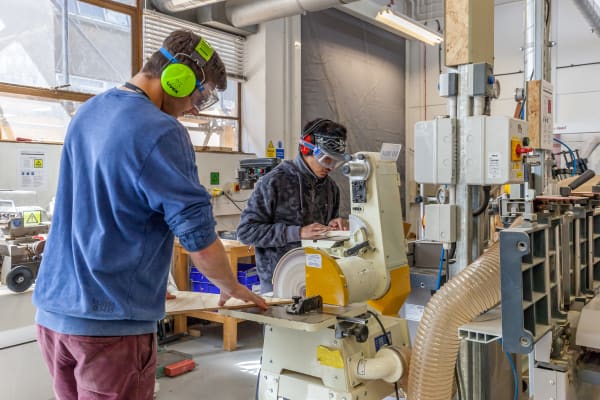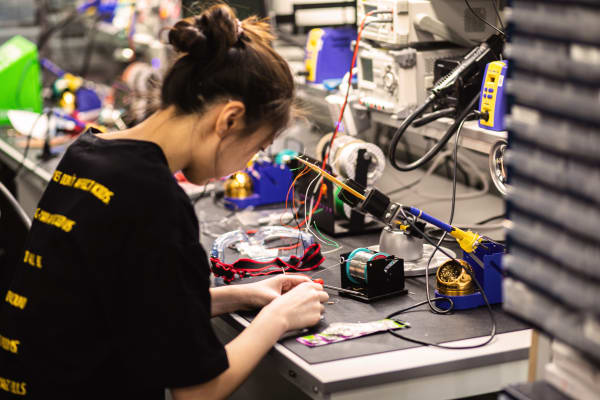Course units
We are committed to ensuring that your skills are set within an ethical framework, and we have worked to embed UAL’s Principles for Climate, Racial and Social Justice Principles into the curriculum and in everything we do.
As part of this initiative, we’ve shaped our courses around social and environmental sustainability principles that ensure learning outcomes reflect the urgent need to equip you with the understanding, skills, and values to foster a more sustainable planet. Our aim is to change the way our students think, and to empower you to work towards a sustainable future.
In common with all courses at the University of the Arts London, this course is credit-rated. The course is 3 years, levels 4-6. Each year requires you to achieve 120 credit points. To be awarded the BA (Hons) User Experience Design qualification, you need to accumulate a total of 360 credits.
Year 1
Introduction to User Experience Design (20 credits)
This unit introduces you to the subject specialisms of BA (Hons) User Experience Design, as well as to effective learning and studentship at undergraduate level.
It will orientate you to the practices and knowledge needed to understand your discipline and help you to develop your skills for independent and collaborative learning, reflection and your own self development.
Visual Communication (40 credits)
This unit will introduce you to graphic design elements and principles, visual language, digital composition and systems thinking in the context of user experience.
You’ll apply visual communication in the context of designing for user experience and conveying clear and effective messaging for an intended audience.
Human-centred Design Process (40 credits)
This unit introduces the concepts and practices that shape the non-linear, human-centred design process for creative problem-solving.
You’ll confront the roles of ambiguity, empathy, iteration, and ‘learning-from-failure' to innovate solutions informed by users, while design activities will challenge you to understand and find inspiration from users, ideate based on user insights, and develop solutions that meaningfully address user needs.
Contextual and Theoretical Studies (20 credits)
This unit introduces you to histories, theories and debates in relation to user experience design and visual and material culture.
You'll focus on the development of 20th- and 21st-century ideas in design, and explore the common themes and cross-fertilisations that occur between theory and culture.
Year 2
Enquiry in Design for User Experience (40 credits)
This unit introduces you to interactive data visualisation, which both technically and conceptually builds upon the long-established practice of information design.
You'll interrogate selected data sets and produce interactive visualisations that enhance understanding and communication.
Digital Products: Prototype and Realisation (40 credits)
You’ll experiment and iterate in the design process to prototype user experiences within the context of digital products.
You'll consider a range of methods and materials as you explore the practice of ’making-as-enquiry', along with the role of digital fabrication for the rapid prototype of digital products and experiences.
Contextual and Theoretical Studies 2 (20 credits)
The aim of this unit is to develop broader knowledge and understanding of the historical, social, practical, theoretical and cultural ideas, practices and phenomena of contemporary culture, design, art and media in its broadest sense (from architecture to sound design).
You'll have the opportunity to further contextualise aspects of art, media, design and social theory by focusing upon a specific option and by writing a Thesis Proposal.
Professional Practice (20 credits)
This unit gives you the opportunity to collaborate with design students from other courses on a live industry brief.
Year 3
There are 2 pathway options in Term 1and Term 2 of Year 3. One route involves a longer piece of written work (Route A), while the other route combines a shorter piece of written work and a Competition Project (Route B).
Craft of the Creative Proposal (40 credits)
In this unit, you’ll develop your ability to work in a self-directed context and craft a project proposal for creative study in a practical user experience design topic of your choice.
You’ll articulate the rationale and significance of your research question, and demonstrate the validity of proposed methods that shape your project. You'll engage in initial planning activities that consider the scope, scale, and limitations for effective project management, which will be realised in the following unit.
Contextual and Theoretical Studies 3: Route A (40 credits)
or Contextual and Theoretical Studies 3: Route B (20 credits)
These units are the culmination of the Contextual and Theoretical Studies component of your course. They will provide you with the opportunity to utilise the knowledge and analytical skills acquired in relation to visual culture and critical theory in the realisation of a self-determined piece of written work.
Competition Project: Route B (20 credits)
If you elect to undertake a (Route B) 20-credit dissertation, this unit offers the chance to engage in an additional selected design competition project.
You'll be presented with a range of briefs selected from design awards schemes and other calls for entry to established arts festivals or residencies.
Final Project: Routes A and B (40 credits)
This unit marks the realisation of your creative proposal developed in the previous unit. You’ll engage in a human-centred design process and apply practical, theoretical and technical knowledge to hone the skills necessary to realise and communicate a design solution.
This project outcome is an important part of your design portfolio, and is usually displayed at the annual graduate exhibition.
Optional Diploma between Years 2 and 3
Between Years 2 and 3 of your course, you’ll also have the opportunity to undertake one of the following qualifications:
Diploma in Professional Studies (DPS) (Optional)
An optional, year-long learning opportunity which enables you to develop your professional skills by undertaking time out for industry experience. Supported throughout the year by academics, you’ll build on the knowledge gained on your course in a range of national or international locations, and graduate with an additional qualification of Diploma in Professional Studies.
Diploma in Creative Computing (Optional)
Between Years 2 and 3, you can undertake the year-long Diploma in Creative Computing. This will develop your skills in creative computing alongside your degree. After successfully completing the diploma and your undergraduate degree, you’ll graduate with an enhanced degree: BA (Hons) User Experience Design (with Creative Computing).
